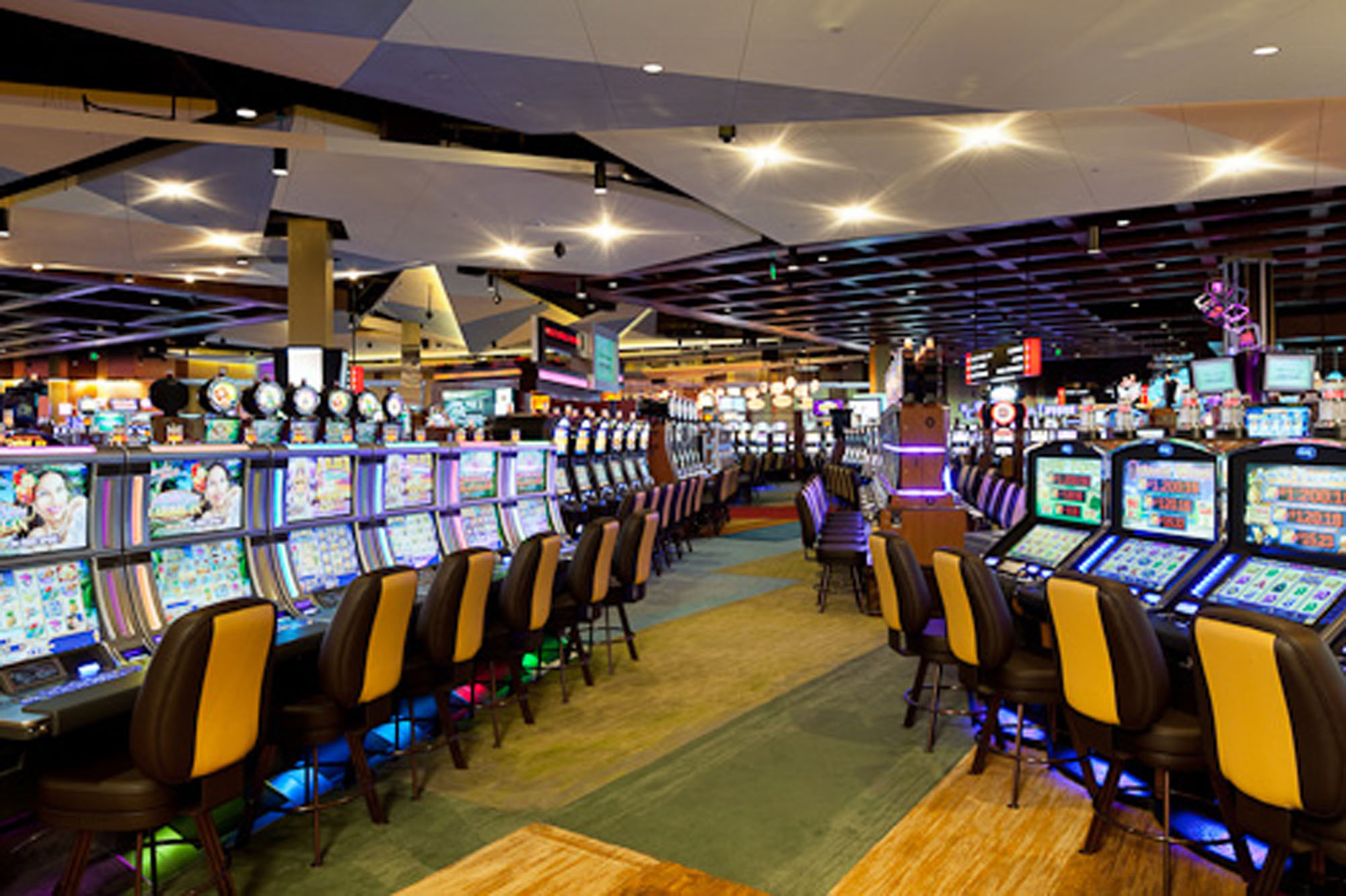The Cultural Influence of Casino Games Worldwide

Casino games have long been a captivating source of amusement, drawing countless of players from varied cultures around the globe. From the opulent casinos of Vegas to the busy gambling halls of Macau, these games serve as a common thread that unites people across a variety of backgrounds. The allure of fortune, strategy, and uncertainty entices not only those looking to gamble for profit but also those seeking a sense of community.
The cultural impact of casino games extends far beyond the gaming floor. They often reflect the values and beliefs of the societies in which they thrive. Games such as Texas hold ’em, blackjack, and roulette have embedded themselves into the tapestry of popular culture, influencing everything from films to clothing. As we explore this intriguing intersection of gambling and life, we can gain insights into how gambling games shape and are shaped by the environment surrounding us.
Chronological Progression of Gaming Activities
The origins of gaming activities can be traced back to ancient cultures, where gambling in various forms was extensively performed. casinos not on Gamstop In Ancient China, around 2300 BC, a variant of luck game known as Keno was popular, while in historic the Roman Empire, soldiers would frequently wager on the results of their contests. The concept of using luck for entertainment and profit evolved over the ages, leading to the establishment of more formal activities. By the late Middle Ages, gambling houses initiated to appear in Europe, particularly in the Italian peninsula, which presented early forms of well-liked activities still practiced today.
As betting increased fame in Europe, the 17th and 18th centuries saw the appearance of gambling establishments as exclusive locations for gaming. The first official casino, the Ridotto, was set up in the Venetian city in the year 1638, providing activities like Baccarat games and Faro. This era marked a significant shifting point, as casinos began to draw not just the wealthy but also the burgeoning middle-income class. The refinement of activities evolved, leading to the introduction of new guidelines and variations that enhanced the experience of players.
In the 19th century, the industrial age and transformations in societal conventions additionally transformed the terrain of gaming games. The introduction of roulette and contemporary slot machines drew a broader audience, and casinos became seen as acceptable fun. This era witnessed the international spread of gambling, as casinos extended from European nations to the New World, culminating in the creation of the iconic Las Vegas Strip in the 1900s. The progress of gambling activities has persisted into the present day, including new technologies and online platforms, making them accessible to a global market.
### Cultural Importance within Various Cultures
Casino games have significant social significance in a multitude of communities around the globe. Places like Las Vegas, the very essence of the city is woven around gambling establishments, where playing is not just a hobby but a fundamental aspect of leisure and social interaction. The vivid lights and vibrant atmosphere attract countless individuals, showcasing how gambling activities can influence local economies and local cultures. This environment transforms the notion of relaxation into an enriching experience that influences apparel, sound, and even film.
In contrast, some communities treat betting with greater care, viewing it through the lens of ethical beliefs and tradition. For example, in many Oriental communities, games like Mahjong and Pai Gow are rich with history and possess significant social relevance. These games are often played during get-togethers and celebrations, fostering collective connections and reinforcing family ties. The act of engaging in these games goes above mere amusement, reflecting ethics such as honoring elders and the importance of communal fun.
Simultaneously, in European countries such as the principality of Monaco and the Italian Peninsula, games of chance serve as symbols of luxury and sophistication. The stylish atmosphere of these establishments attracts both visitors and residents, reinforcing a sense of prestige and rarity. The art of the game of poker and the strategic elements of games like baccarat are esteemed, molding social dynamics and establishing an appeal that enthralls a diverse audience. This highlights how casino games can simultaneously reflect and shape cultural attitudes towards danger, reward, and social interaction.
Economic Impact and Travel Industry
Gambling activities play a crucial role in the financial context of many regions, particularly those that depend significantly on tourism. The revenue produced from casino operations fuels local economies, creating employment opportunities not only within the casinos but also but also in related sectors such as hospitality, restaurant services, and recreation. This surge of tourists, drawn by the attraction of gambling and the overall gaming environment, stimulates expenditure across multiple businesses, contributing to the economic vitality of the area.
The presence of casinos often leads to the construction of facilities, including lodging, public transit, and leisure amenities. These developments are essential in improving the overall tourist experience, making locations more appealing to tourists. Additionally, many casinos contribute in local communities through sponsorship of events and charitable activities, further embedding themselves into the social fabric of the locality. Such investment not only supports economic growth but also cultivates a positive reputation of the gambling sector.
Moreover, the worldwide appeal of casino games drives tourism competition, with regions vying to attract gamblers from around the world. Iconic locations like Las Vegas and Macau have become identifiable with casino culture, drawing millions each year. This advantage encourages creativity and diversification within the gambling sector, influencing trends in leisure and hospitality that extend beyond their borders. The consequences of this tourism extend wide, impacting local economies and cultural interactions on a worldwide scale.
